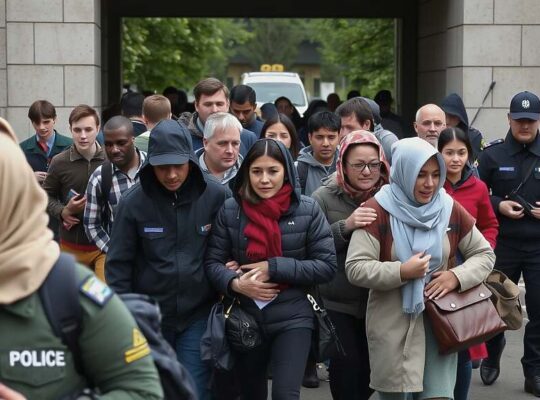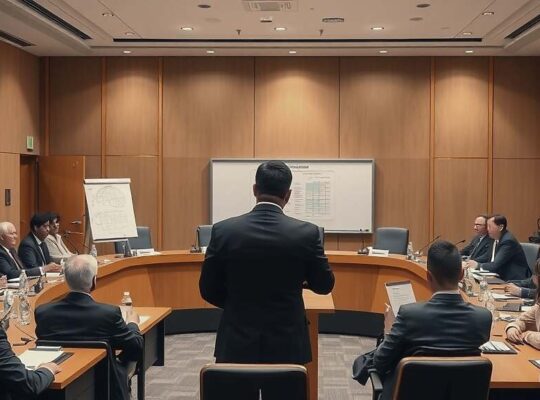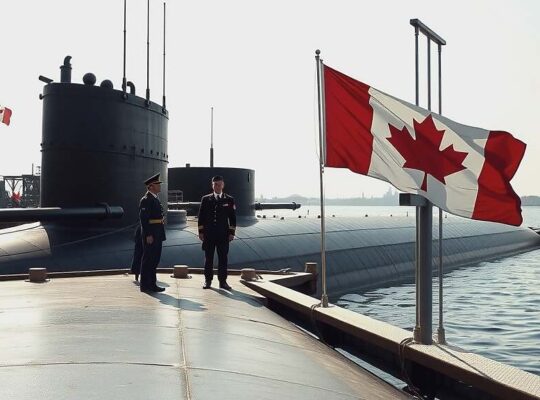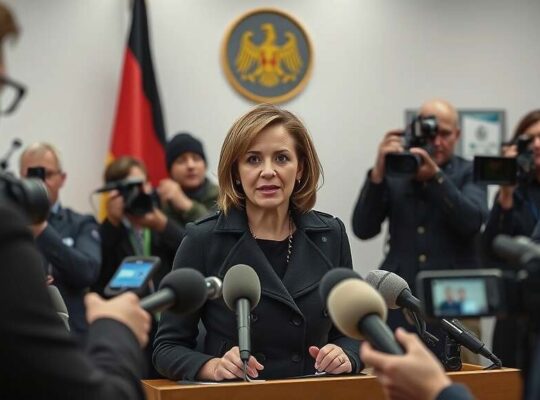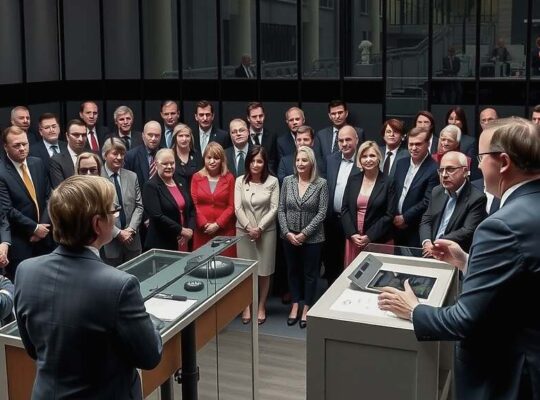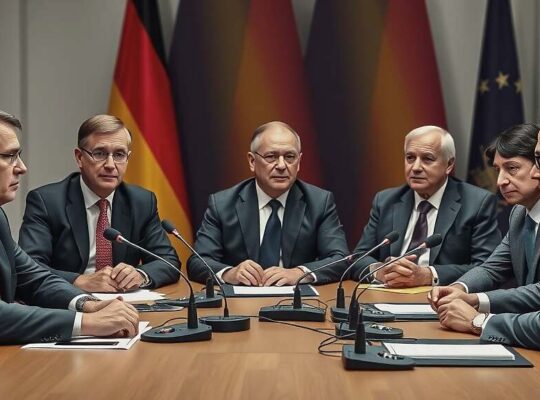Germany’s Minister for Economic Affairs, Katherina Reiche, has embarked on a high-profile visit to the United Arab Emirates and Qatar, a move signaling a renewed focus on strategic economic partnerships in the volatile geopolitical landscape. Reiche’s trip, lasting until Wednesday, underscores Berlin’s intention to proactively cultivate alliances amidst rising global tensions.
The minister characterized the UAE and Qatar as “central partners” – citing their economic dynamism, substantial capital reserves and ambitions in technological advancement – crucial for Germany’s future economic security. Reiche explicitly stated that the visit aims to deepen existing collaboration and unlock new avenues for mutual economic benefit, adding a declarative element asserting “Germany prioritizes economic pragmatism, reforms and an investment-friendly climate.
The itinerary is dense, reflecting the importance allotted to these relationships. In Abu Dhabi, Reiche is scheduled to hold bilateral talks with key figures including Sultan Al Jaber, the Minister for Industry and Advanced Technology and Mohamed Al Suwaidi, the Investment Minister. The 12th Joint Economic Commission between the Emirates and Germany will also be chaired by Reiche in Dubai. Doha will see similar engagements, including meetings with the president of the Qatar Chamber of Commerce and the Qatari Businessmen Association.
The inclusion of Martin Blessing, the Chancellor’s personal envoy for investment and Christoph Ploß, the Government Coordinator for Maritime Economy and Tourism, alongside a significant economic delegation, highlights the breadth of Berlin’s objectives. The UAE currently represents Germany’s largest trading partner in the Gulf region, a status this visit clearly intends to solidify.
However, the trip has also drawn scrutiny. Critics have questioned the timing and optics of prioritizing economic engagement with nations facing ongoing human rights concerns and complex geopolitical alignments. While emphasizing economic pragmatism, some observers are raising concerns about potential compromises on ethical considerations in the pursuit of investment and trade. The visit’s long-term impact will depend not only on the agreements reached, but also on how Germany balances economic imperatives with its stated values on the international stage.



